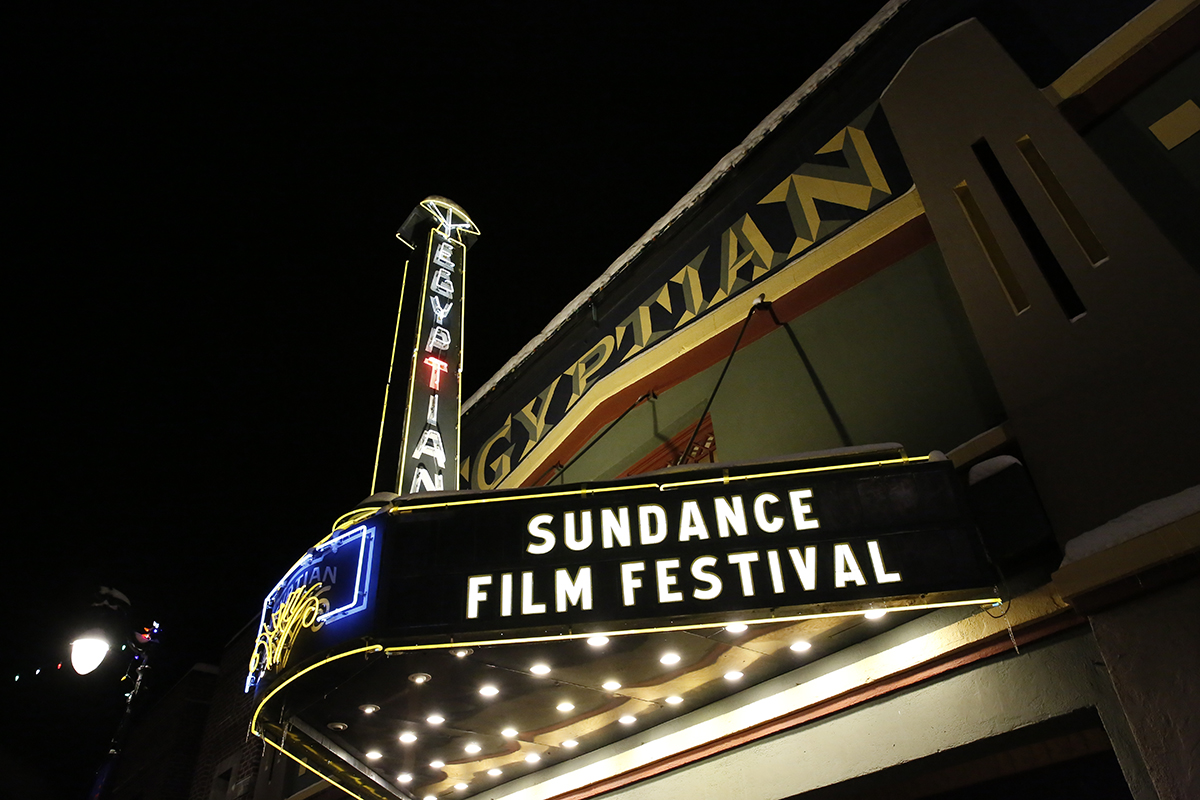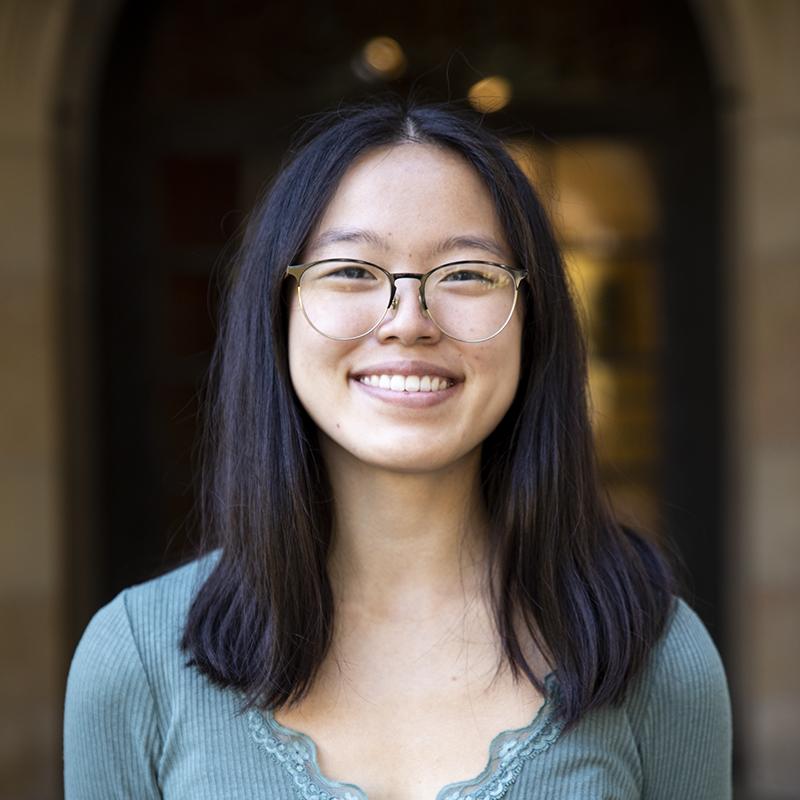Sundance 2022: Festival organizers remain committed to creative connection despite virtual medium

Sundance Film Festival 2022 kicked off Thursday with a press conference featuring Sundance Institute CEO Joana Vicente and other festival organizers. Despite being held online for the second year in a row, Festival Director Tabitha Jackson said the medium will not hinder a moment of creative convergence. (Courtesy of Sundance Institute)
"Sundance Film Festival 2022"
Jan. 20 - Jan. 30
Virtual

By Vivian Xu
Jan. 22, 2022 3:41 p.m.
Sundance Film Festival 2022 is shooting for the stars.
Organized by the Sundance Institute, the annual independent film festival is the largest of its kind in the United States. Two weeks before the hybrid format event was set to commence at its usual Park City, Utah, stomping grounds, the institute announced its transition to an entirely virtual format because of public health precautions surrounding the COVID-19 pandemic. Still held on the same dates of Thursday to Jan. 30, the festival began with an opening day press conference and a foreword from Sundance Institute CEO, Joana Vicente.
“Even though this year’s festival venue (has changed), so much remains the same,” Vicente said. “We are coming together to celebrate extraordinary work, elevate independent voices and honor the central power of storytelling.”
Following her introduction, Vicente shifted the spotlight to Festival Director Tabitha Jackson, who is in her second year of the role. While the 2021 festival was programmed with the intention of being completely online, Jackson said the team spent the better part of a year designing a hybrid festival for 2022.
However, after seeing the potential public health implications of holding an in-person festival, including the high transmission of the omicron variant and its impact on local Park City infrastructure, Jackson said the team pivoted in the virtual direction. Though it was relatively easy to switch to an online-only festival – as the online component already existed – it was certainly a disappointment to hold a second consecutive virtual festival, Jackson said.
“Our mission, set down by Robert Redford, is still as true today as it was when he founded the institute in ‘81,” Jackson said. “It is to support artists as a transformative force in the culture. That hasn’t changed, but the world around us has in incredible ways – and so we have adapted.”
This year’s festival received 14,849 submissions, with 91% of the selected feature films having their world premiere at Sundance and 42% of feature film directors as first-time feature filmmakers. Director of Programming Kim Yutani said the film selection committee initially feared that the submissions they received would reflect the stifling of creativity induced by the pandemic.
“For the second year in a row, as we went into our submission season, we wondered, ‘Would it be feast or famine?’” Yutani said. “Once again, we were pleasantly surprised to discover that artists had found a way to sustain themselves to make work.”
The festival program itself, which consists of 82 feature films, 59 short films, six indie episodic works and 15 new frontier projects, does not revolve around a central theme, Yutani said, but rather consists of several motifs that can be placed in dialogue with each other. Some of the most prominent themes present in this year’s lineup include the current state of the environment, reproductive rights, fighting social injustice and the darker side of human nature, she said.
Such motifs are present in both domestic and international submissions, Yutani said, with Finland notably represented by three films in the program this year. The institute’s launching of satellite festivals in London and Jakarta has also invigorated film scenes outside the United States, Senior Programmer and Director of Strategic Initiatives John Nein said, and the program reflects the increasing number of works from international filmmakers as well.
“We’ve had stronger engagement there in the last few years,” Nein said. “You see work that is incredibly vibrant and also really useful and daring, (and) you see that reflected in programs across the years that fluctuate.”
Though the 2021 festival saw record-high numbers of attendees as its first online iteration, whether or not a portion of the festival will remain virtual after the pandemic ends is still up in the air, Jackson said. With this online festival format in place for a second year, she said the medium of the festival is not as important as the convergence of creatives. The underlying theme of unity and gathering will pulsate through the festival, regardless of the fact that these connections are mediated by a screen, Jackson said.
“It’s not how we are together – whether we’re in person or online – it’s that we are together in a moment,” Jackson said. “This is the moment. This is the moment when the work is revealed. This is the moment we can discuss the work in dialogue with each other and other works in the festival. This is the moment when we converge to make meaning.”


